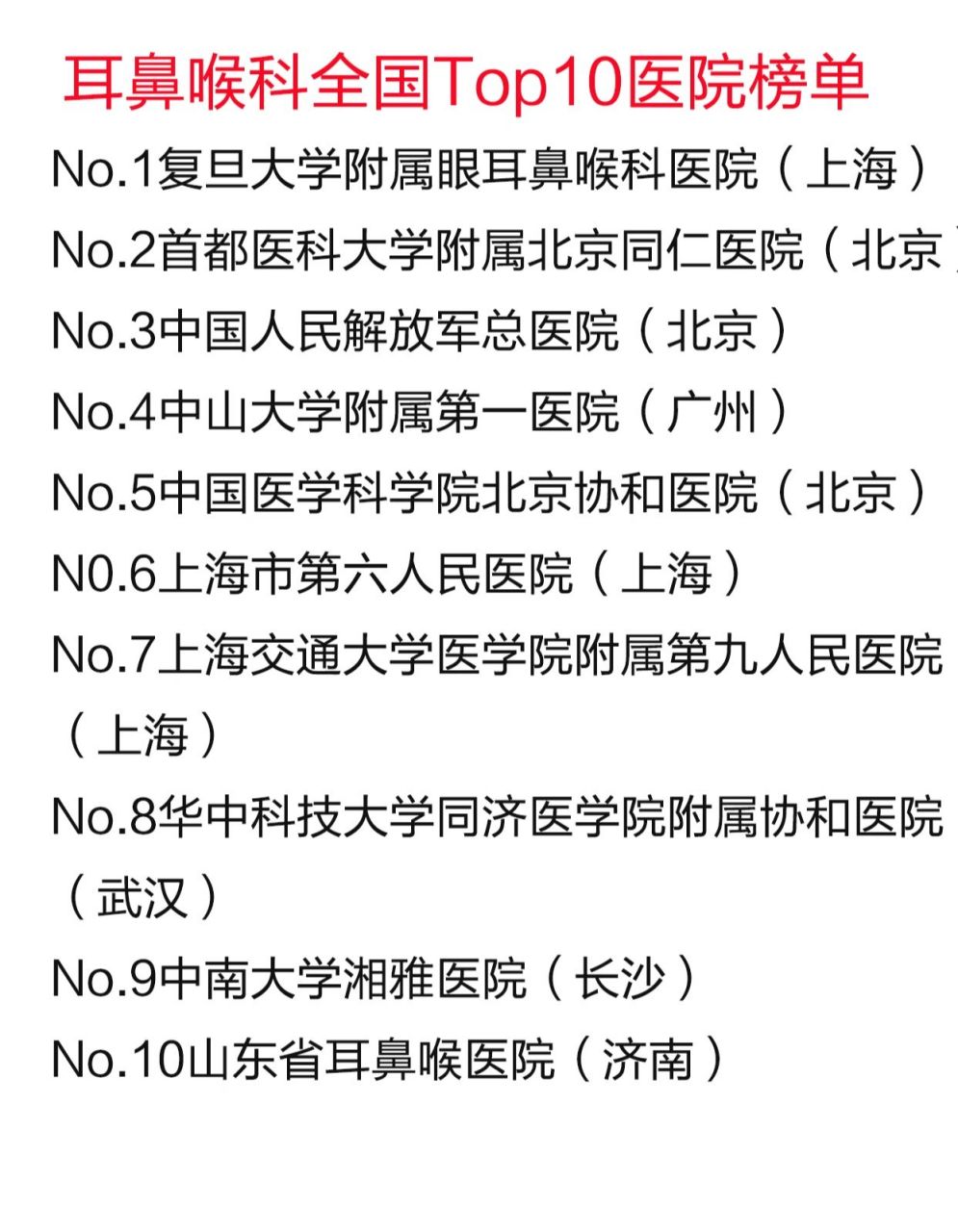The Chinese phrase "欺妾" is pronounced as "Qī Qiè" in Mandarin Chinese. Here’s a breakdown of the pronunciation:
- Qī:
- Q: Pronounced like the "ch" in "cheese".
- ī: The "ī" is a high, level tone vowel, similar to the "ee" in "see" but held longer and with a steady, high pitch.
- Qiè:
- Q: Pronounced like the "ch" in "cheese".
- iè: The "iè" is a falling tone diphthong, starting with an "i" sound as in "it" and gliding to an "e" sound, similar to the "ye" in "yes".
When pronouncing "欺妾" (Qī Qiè), it's important to emphasize the tones, as they are a crucial part of Mandarin pronunciation. The phrase "欺妾" translates to "to deceive a concubine" in English, referring to the act of deceiving or mistreating a concubine.











